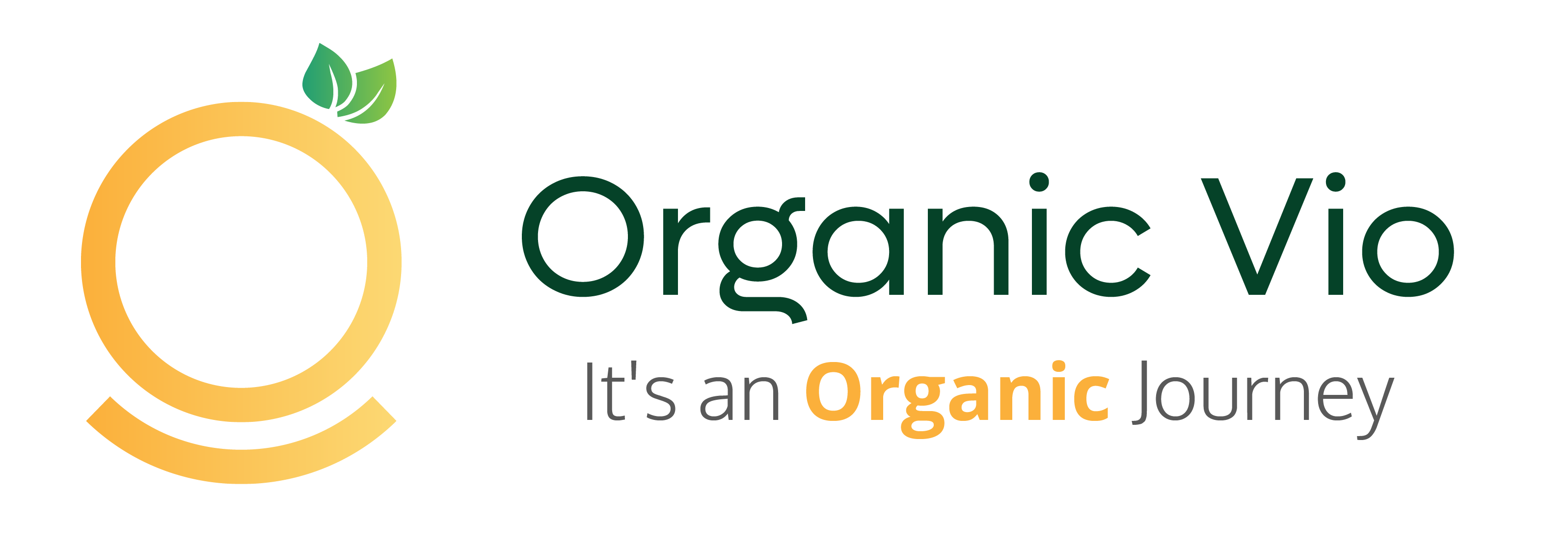Uncovering the Secrets of Organic Farming: Benefits and Best Practices


Organic farming is a method of agriculture that prioritizes the use of natural processes and materials to grow food. This approach to farming is becoming increasingly popular as consumers seek healthier and more sustainable options. In this blog, we will explore what organic farming is, its benefits, and why it is important.
What is Organic Farming?
Organic farming is a system of agriculture that avoids the use of synthetic chemicals, pesticides, and fertilizers. Instead, organic farmers rely on natural processes and materials to produce food. This includes practices such as crop rotation, composting, and the use of natural pest control methods. Organic farming also emphasizes a holistic approach to the land and animals, promoting a healthy and balanced ecosystem.
Benefits of Organic Farming
There are many benefits to organic farming. For one, it is better for the environment. By avoiding synthetic chemicals, organic farmers help to reduce soil and water pollution. Organic farming also supports a healthier and more diverse ecosystem, promoting the growth of beneficial insects and other wildlife.
Organic farming is also better for human health. Studies have shown that organic food contains higher levels of certain nutrients, such as vitamins and antioxidants, compared to conventionally grown food. In addition, by avoiding synthetic chemicals, organic farmers help to reduce exposure to harmful toxins that can be present in conventional food.
Another benefit of organic farming is that it promotes animal welfare. Organic farmers must adhere to strict standards when it comes to the treatment of their animals, including providing them with ample space to roam and access to the outdoors. This is in stark contrast to conventional factory farming practices, which often prioritize efficiency over animal welfare.
Why Organic Farming is Important
Organic farming is becoming increasingly important as consumers seek healthier and more sustainable options. As awareness of the environmental and health impacts of conventional agriculture continues to grow, more and more people are turning to organic food as a healthier alternative.
In addition, organic farming helps to support local economies. By buying organic food, consumers are supporting farmers who are working to produce food in a more sustainable and environmentally friendly way.
In conclusion, organic farming is a way of growing food that prioritizes the environment, human health, and animal welfare. With its numerous benefits, it is an excellent alternative to conventional agriculture. If you are looking for healthier and more sustainable options, consider choosing organic food and supporting organic farmers.



